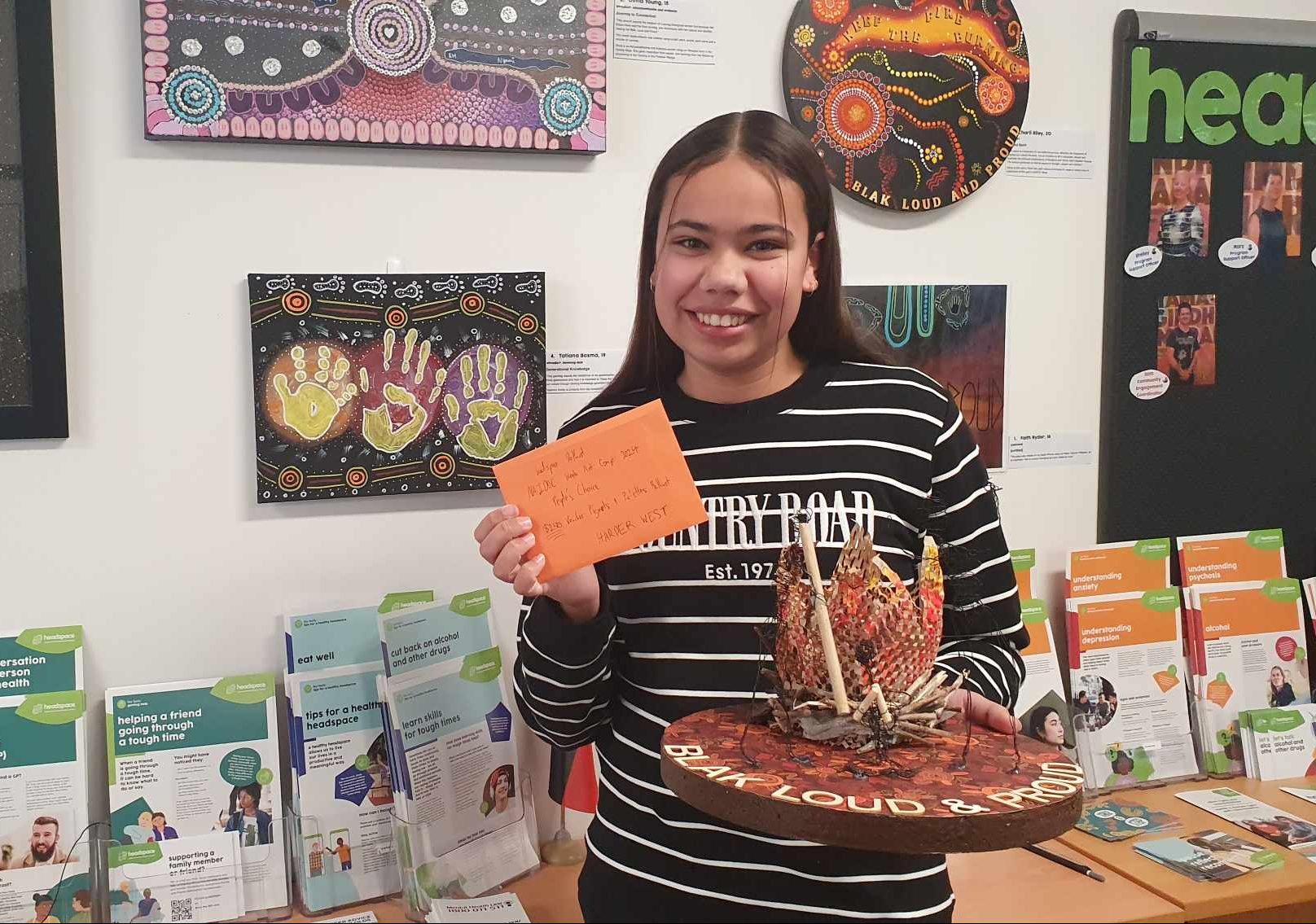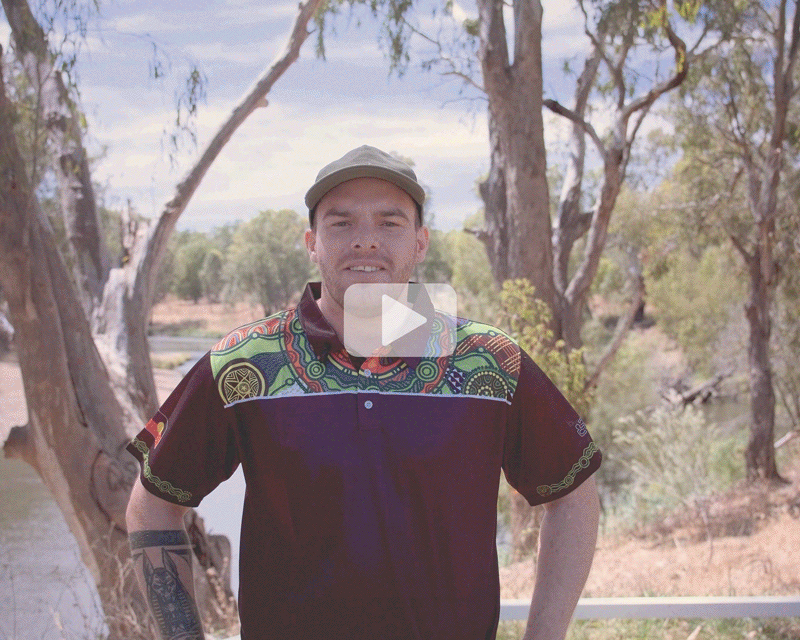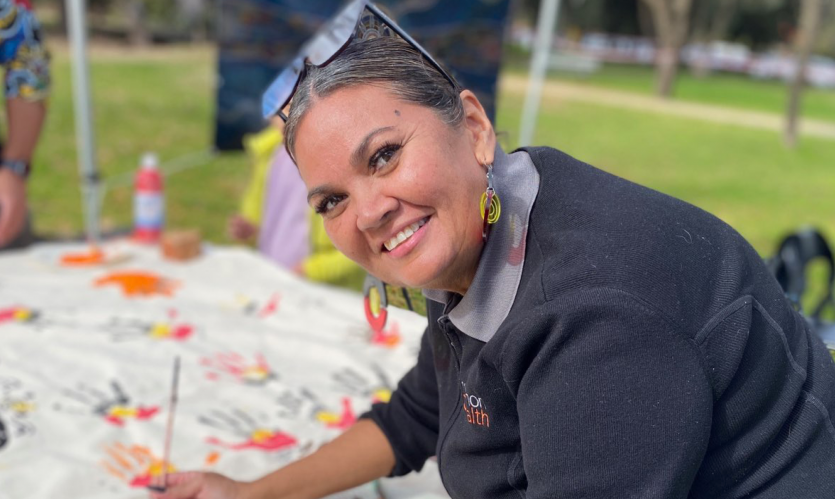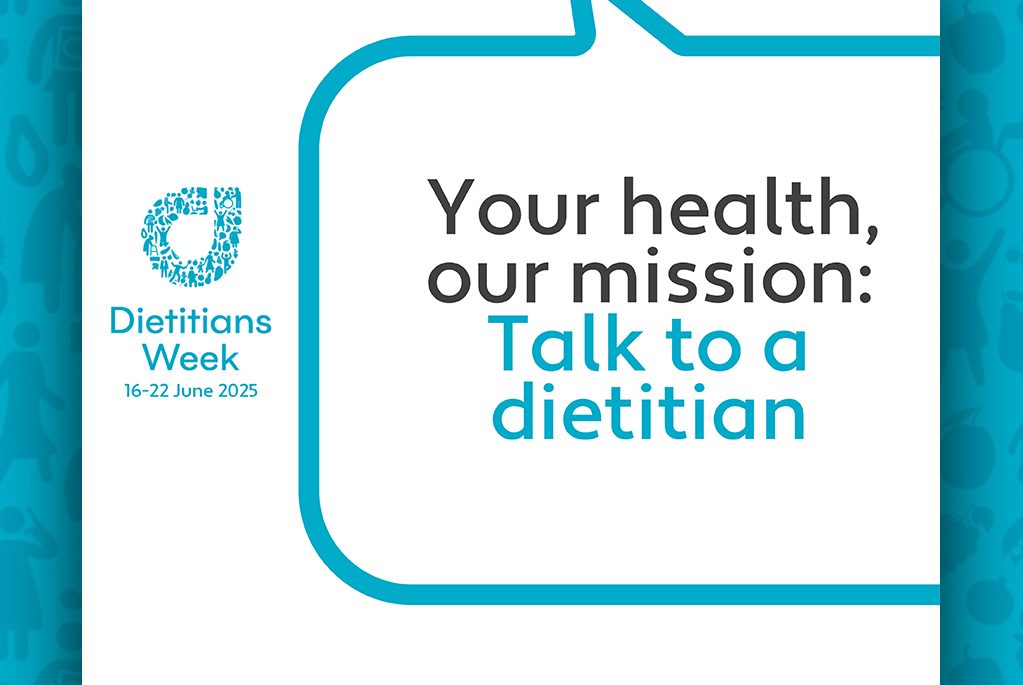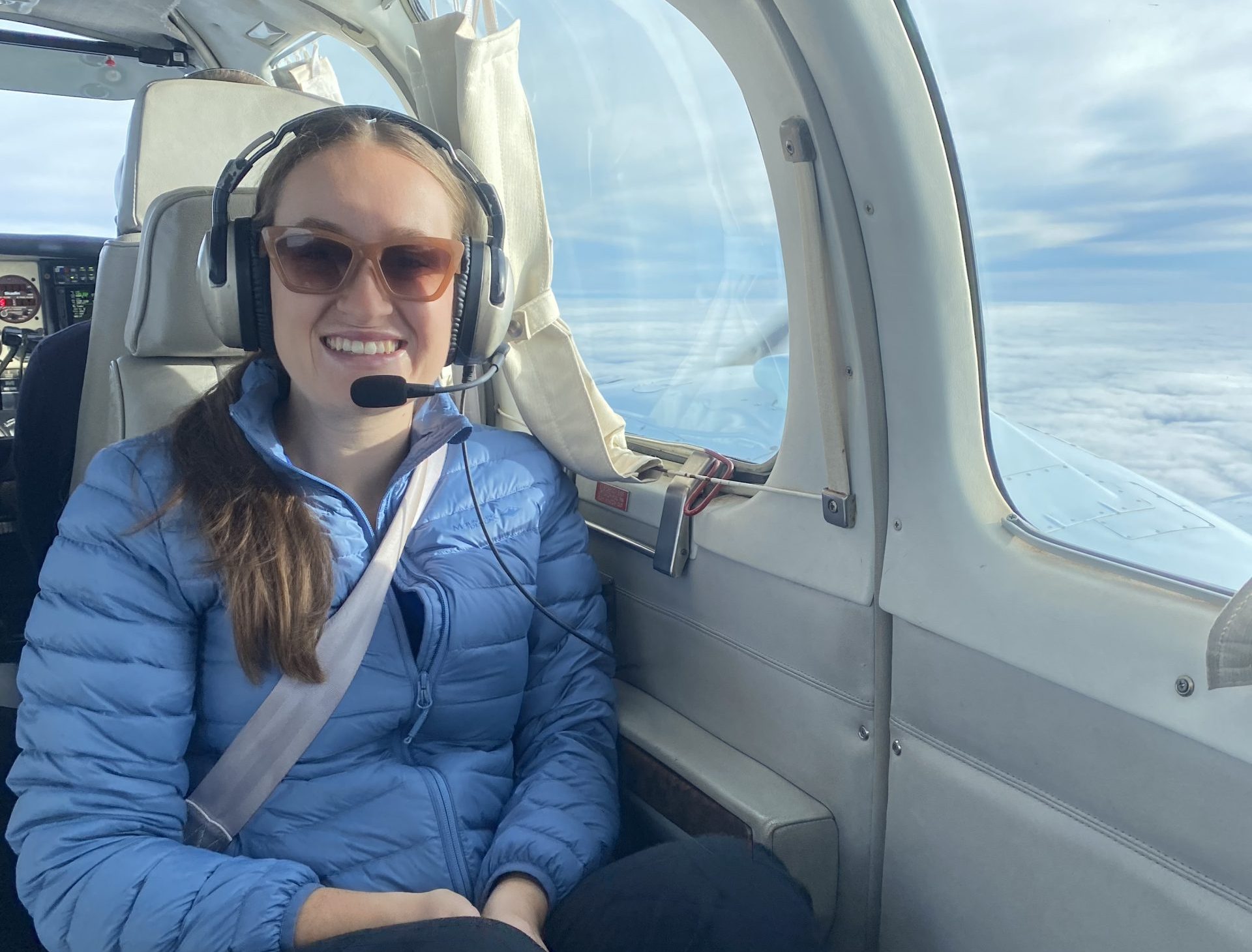Launch of PBS ‘The Right Direction’
For over twelve months, our Positive Behaviour Support (PBS) team have been working with the University of Melbourne and University of Queensland on a project dedicated to improving outcomes for NDIS participants. The Right Direction project, led by Professors Keith McVilly and Karen Nankervis funded by the NDIS Quality and Safeguards Commission Grants Program, seeks to build skills and support for practitioners to improve communication and engagement with participants during behaviour support planning and implementation.
“It’s been quite alarming in the research that’s been undertaken that’s revealed maybe 60% to 65% of behaviour support plans have failed to provide any evidence of authentic engagement between behaviour support practitioners and people with disabilities.
What we want is for behaviour support practitioners to get people as involved as possible. Oftentimes this can be a bit of a challenge.”Keith McVilly, Professor of Disability and Inclusion (The University of Melbourne; Melbourne, Victoria)
The project included extensive research, national consultation and co-design activities with behaviour support practitioners, service providers and people with disabilities and their families.
The Right Direction website is now available to the public, providing behaviour support practitioners with practical resources to enhance their professional practice. It will be officially launched by the NDIS Quality and Safeguards Commission and NDS (National Disability Services) later this month.
Members of Marathon Health’s PBS team participated in the project consortium alongside notable partners and contributors throughout Australia. They shared their experiences in delivering PBS services to participants in rural areas and provided practical input to help guide the development of these resources – supporting people with disability through improved quality of life and greater independence.
Although created for NDIS practitioners and participants, these resources also address an important gap and may benefit overseas practitioners.
Find out more
More news
Page last updated: 8 September 2025
Back to News

